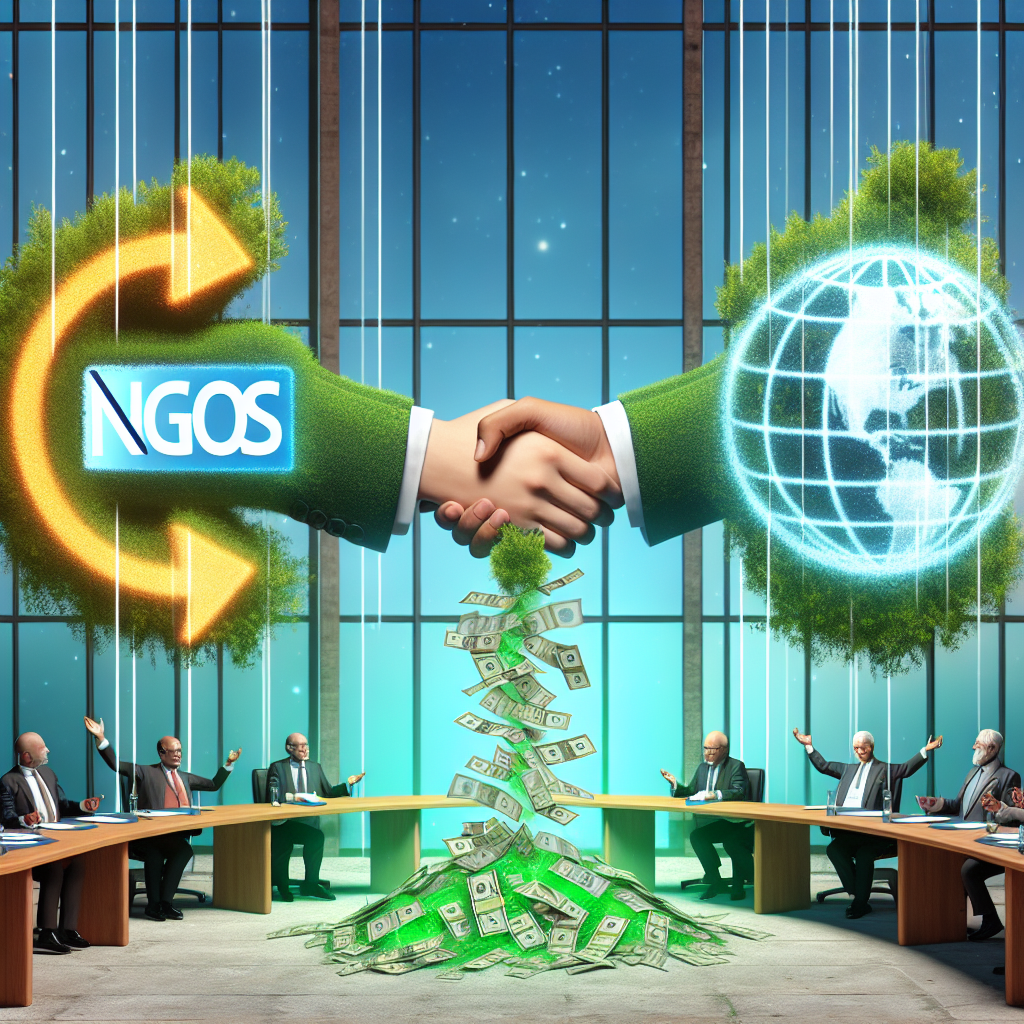Blog Ecobraz Eigre

Partnerships between NGOs and companies: how compensation agreements work
Introduction to Compensation Agreements
Compensation agreements signed between third sector organizations and corporate entities are a fundamental strategy for mitigating environmental impacts and promoting sustainability. These partnerships enable social and environmental responsibility through initiatives that offset greenhouse gas emissions or other impacts resulting from commercial activities.
Legal and Regulatory Foundations
According to the Decree No. 10.053/2019, which regulates the National Policy on Climate Change (PNMC), environmental compensation agreements are instruments designed to encourage the fulfillment of emission reduction targets and promote sustainable development. In addition, Law No. 12.305/2010 establishes the National Solid Waste Policy, regulated by Decree No. 7.404/2010, which guides the proper management of waste and encourages cooperation between sectors for environmentally appropriate disposal.
Agreement Operating Mechanisms
Partnerships are formalized through contracts or Terms of Commitment with specific clauses stipulating the objectives, targets, responsibilities and deadlines for implementing compensatory actions. Among the mechanisms often adopted are projects to recover degraded areas, environmental education, reforestation and carbon emission reduction programs.
Use Cases and Practical Examples
For example, third sector organizations specializing in environmental management collaborate in the collection and proper disposal of technological waste, reducing the impact of the production chain and mitigating the generation of hazardous waste. For actions involving the safe and sustainable disposal of equipment such as hard disks and other digital media, the correct sanitization of these devices is essential, in accordance with recommended procedures for information security, available at HD sanitization.
Benefits for Social and Environmental Responsibility
In addition to complying with legal obligations, partnerships provide strategic benefits by enhancing the institutional reputation of the parties involved, broadening stakeholder engagement and consolidating commitments to sustainability. The agreements also contribute to a responsible production chain and to building a sustainable business environment.
Importance of Selective Collection and Correct Disposal
For electronic waste, correct collection and disposal prevent environmental contamination and promote the reuse of valuable materials, in accordance with environmental regulations. The e-waste collection schedule must be organized efficiently; specialized services for this type of waste are available at electronics scheduling.
Final Considerations
Partnerships between NGOs and corporate entities, based on compensation agreements, are an important instrument for sustainable development in Brazil. By combining technical and operational efforts, these alliances contribute significantly to meeting national environmental targets and strengthening the culture of social and environmental responsibility.

Deixe um comentário
O seu endereço de e-mail não será publicado. Campos obrigatórios são marcados com *